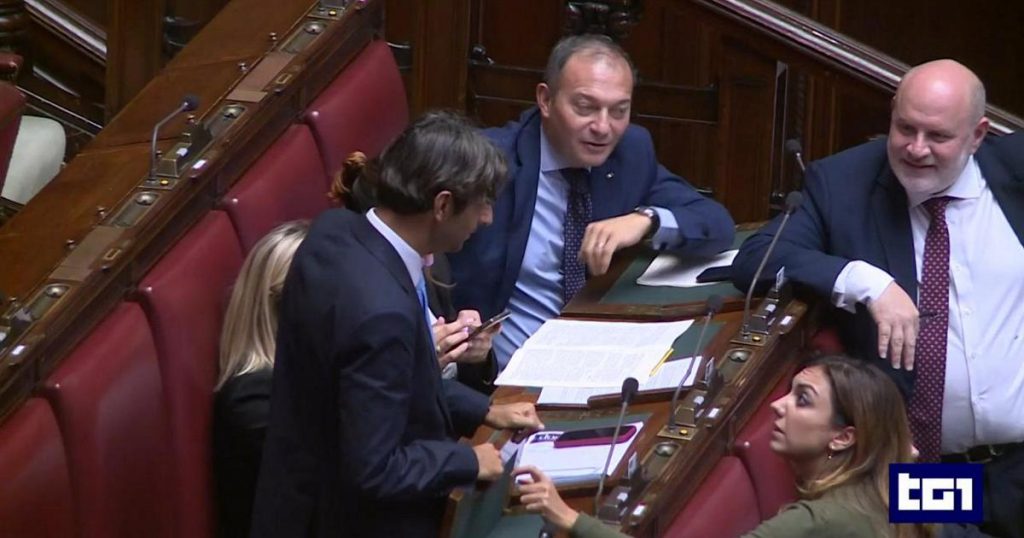Elon Musk recently sparked controversy with a post on social media in which he suggested that judges in Albania should be removed. This led to a strong reaction from Italian politicians, with President Sergio Mattarella stating that Italy can take care of itself. The response from political parties in Italy was divided, with Brothers of Italy (FdI) and Forza Italia (FI) praising Mattarella’s remarks, while the Democratic Party (Pd) accused the government of allowing itself to be influenced by a billionaire from the United States.
The controversy over Musk’s comments comes at a time when there is already tension in Italy over the issue of migration. The Italian government has been criticized for its handling of the migrant crisis, and there are concerns about the strain that migrants are putting on the country’s resources. Musk’s remarks only served to further inflame these tensions, with some politicians using them to criticize the government’s approach to migration and call for stronger border controls.
President Mattarella’s response to Musk’s comments was seen as a defense of Italy’s judicial system and a rejection of any outside interference in the country’s affairs. His remarks were supported by FdI and FI, who praised him for standing up for Italy’s sovereignty. However, the Pd criticized the government for allowing Musk’s remarks to influence its policies, accusing it of being too reliant on foreign interests and not prioritizing the needs of Italian citizens.
The incident involving Musk and Albania has highlighted the broader issue of foreign influence in Italian politics. Critics argue that Italy’s government is too easily swayed by external pressures, whether it be from billionaire businessmen like Musk or international organizations. This has raised concerns about the country’s ability to make independent decisions and protect its own interests in the face of external pressures.
The debate over Musk’s comments also raises questions about the role of social media in shaping political discourse. Musk’s vast online following gives him a platform to influence public opinion and sway political debates, even in countries like Italy where he is not a citizen. This has sparked a broader discussion about the power of social media influencers and the need for politicians to be wary of the influence they can wield on public opinion.
Overall, the controversy surrounding Musk’s comments on Albania has sparked a heated debate in Italy about the country’s sovereignty, its approach to migration, and the role of foreign influence in its politics. The incident has highlighted deep divisions within the country’s political landscape and raised important questions about how Italy can protect its interests and maintain its independence in a globalized world. Ultimately, it serves as a reminder of the complex challenges that Italy and other countries face in navigating the complexities of international diplomacy and safeguarding their national interests.















